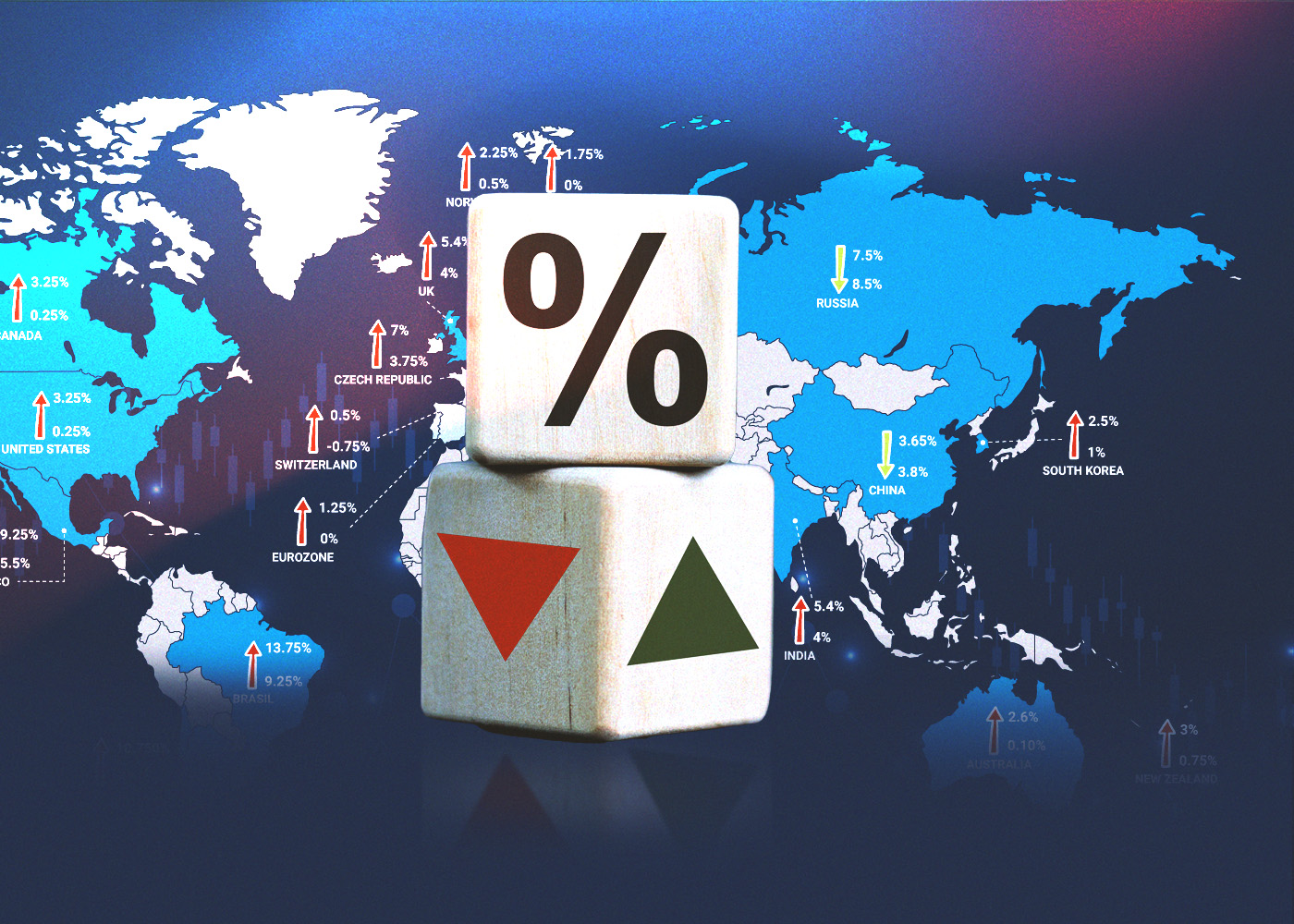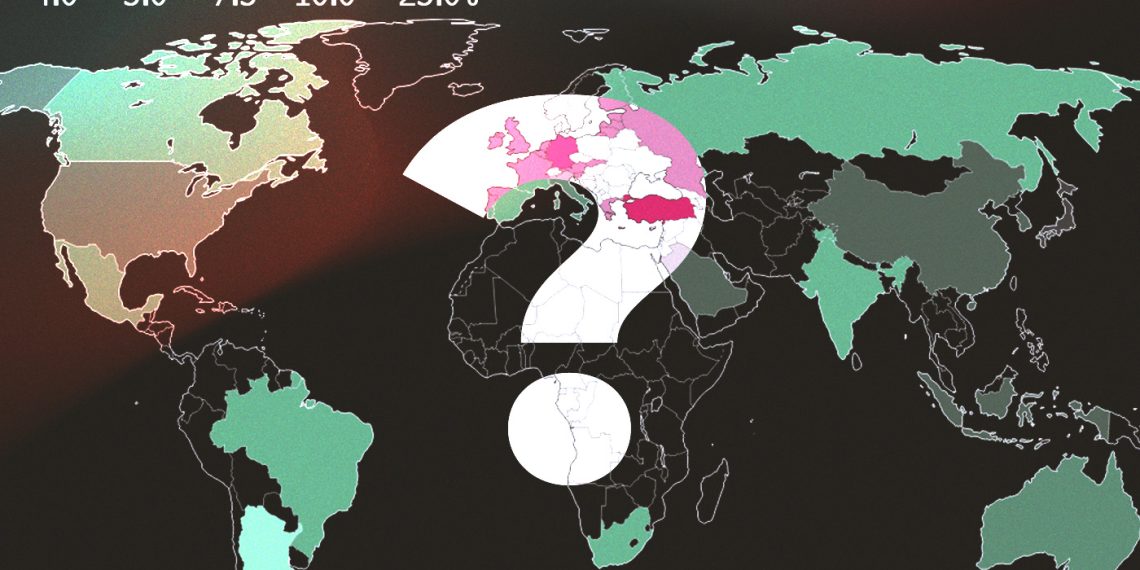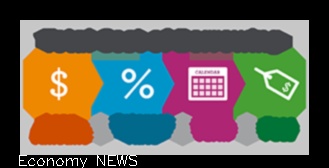Notable, however, is Bank of England (BoE) Governor Andrew Bailey’s statement that the bank will monitor the impact of its policy on the U.K. equity markets. As rising global inflation concerns complicate pricing, the question of where central banks will end their rate hikes is becoming more uncertain. Atlanta Fed President Raphael Bostic said in yesterday’s oral session that interest rates should be raised above 5% to prevent inflation from rising again.
Will Inflation Come Down?
Federal Reserve Bank of Minneapolis President Neel Kashkari said there is little evidence that Fed policy will lower inflation.
As a result of these developments, the yield on 10-year U.S. Treasury bonds rose above 4% for the first time since November 10, 2022. On the other hand, domestic macroeconomic statistics released yesterday continued to provide mixed signals.
For example, the average interest rate on 30-year U.S. mortgage loans rose to 6.71% last week, the highest level since November 2022, while the nation’s ISM manufacturing index came in below market expectations at 47.7 in February, indicating a decline in manufacturing for the fourth consecutive month.

Interest Rate Hike Likely In July
As a result of this price volatility in the money market, the likelihood of a rate hike by the Federal Reserve in July has increased. While the probability of a 50 basis point rate hike at this month’s meeting is over 30%, a 75 basis point rate hike in July is seen as inevitable.
Experts stressed that the ever-increasing inflationary pressures have increased the volatility of asset prices and the potential for a 25 basis point rate hike by the Fed in July has emerged. According to analysts, Fed officials’ speeches will be the focus of investors’ attention today, and the data could potentially increase market volatility.
On the New York Stock Exchange, the S&P 500 index lost 0.47 percent and the Nasdaq index lost 0.66 percent, while the Dow Jones index was steady. U.S. index futures contracts began the new trading day on a mixed note. While money market prices continue to raise risk perceptions, expectations are rising in Europe that the European Central Bank (ECB) will continue to raise interest rates in 2024.
What Is The Consumer Price Index In Germany?
According to inflation figures released yesterday, the consumer price index (CPI) in Germany rose 8.7 percent in February, above forecasts. After the data was released, the yield on 10-year German bonds rose to a 12-year high of 2.73 percent.
While it is certain that the ECB will raise the benchmark interest rate to 4 percent, the bank’s final rate setting remains unknown.
Hopeful For UK Monetary Policy
Notable, however, is Bank of England (BoE) Governor Andrew Bailey’s statement that the bank will monitor the impact of its policy on the U.K. equity markets.
Yesterday, the DAX 40 index in Germany lost 0.39 percent, the CAC 40 index in France lost 0.46 percent and the MIB 30 index in Italy lost 0.59 percent, while the FTSE 100 index in the UK rose 0.49 percent. Index futures contracts in Europe began the day with mixed prices.
While volatile pricing in the U.S. shifted to Asia on the new trading day, increasing economic activity in China and rumors that the Chinese government will take pro-growth measures eased selling pressure.
Rising global bond yields put selling pressure on technology stocks, while forecasts of a recovery in economic activity, particularly in China, supported the stock markets of semiconductor chip companies.
According to data released today in Japan, capital spending declined in the fourth quarter but exceeded forecasts.
In related news, Japan’s Nikkei 225 index and Hong Kong’s Hang Seng index fell 0.8%, while China’s Shanghai Composite index was unchanged. In contrast, South Korea’s Kospi index rose 0.2%.
You might check: Do Not Overlook The Demand For Crypto & Blockchain Engineers In 2023













